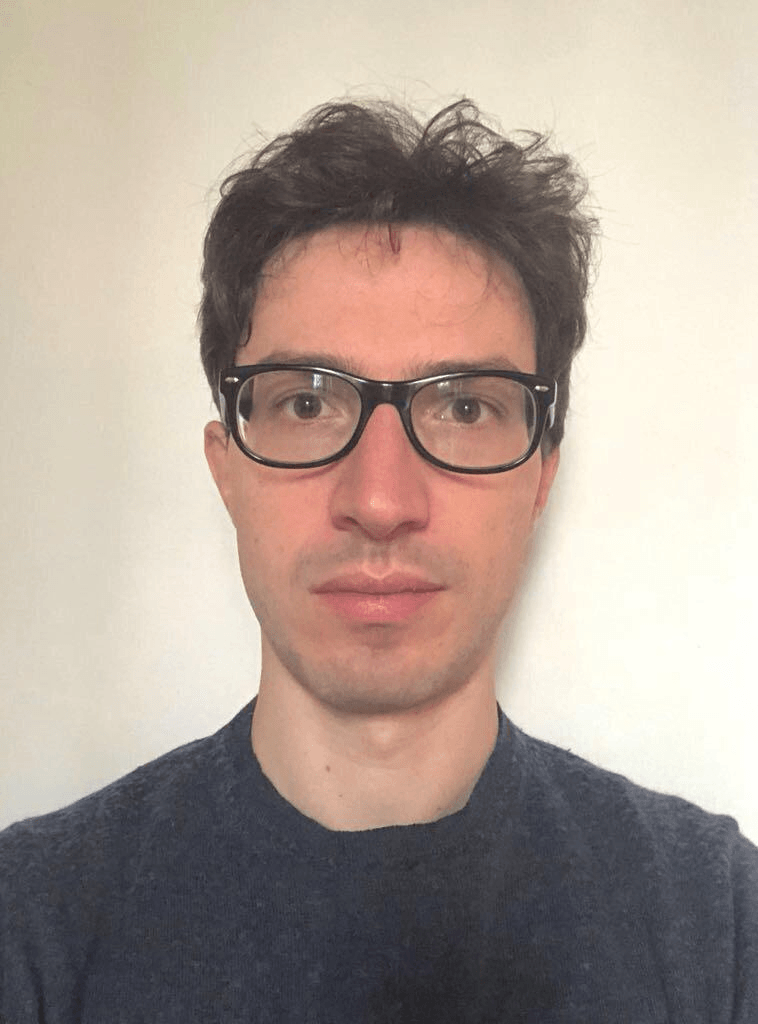Medico Specialista in Psichiatria
Laurea in Medicina e Chirurgia (110 e lode)
Specializzazione in Psichiatria (70 e lode)
Psicoterapeuta Eye Moviment Desensitiization and Reprocessing, per patologie legate ad eventi traumatici o emotivamente stressanti
Esperienze lavorative
- Dirigente medico di I livello presso AUSL Toscana Centro SMA Campi Bisenzio (FI) dal 01/02/2019-in corso
- Direttore sanitario presso Cooperativa Humanitas s.p.a. dal 14/12/2017 al 31/01/2019
- Direttore sanitario “Casa di Alice” presso Cooperativa Alice dal 15/11/2017 al 31/01/2019
- Responsabile psichiatra Centro di Gello presso Agrabah Onlus da 02/02/2018 al 31/12/2018
Sostituzione di medici psichiatri convenzionati:
- 07/2017-01/2018 presso Salute Mentale Prato per un totale di 209,5 ore
- 08-12/2017 presso Casa circondariale di Prato “La Dogaia” per un totale di 131 ore
- 07-11/2017 presso Nuovo Complesso Penitenziario di Sollicciano per un totale di 34,5 ore
- 08/2017 presso Salute Mentale Firenze (quartiere 8) per un totale di 25 ore
Pubblicazioni:
1) Coautore: “Hypochondriasis and obsessive-compulsive disorder in schizophrenic patients treated with clozapine vs other atypical antipsychotics.” CNS Spectr. 2014 Aug;19(4):340-6
2) Coautore: “LAI versus oral antipsychotic treatment of schizophrenia: a 12-month prospective study on patient’s attitude towards treatment and quality of life”, European Psychiatry Journal, 37:35-42
3) Coautore:”Gambling Disorder trated with Nalmefene and Topiramate augmentation to Fluvoxamine: a case report” European Neuropsicopharmacology, October 2016, Volume 26, Supplemento 2, pagina S709
4) Coautore: Long acting antipsychotics treatment of schizophrenia: a 24-month prospective study on patient’s attitude towards treatment. European Psychiatry (2017)
5) Coautore: Subjective experience and attitude towards treatment after switching from oral to LAI antipsychotics in schizophrenia: an observational 24-month study. European Neuropsychopharmacology (2017).



